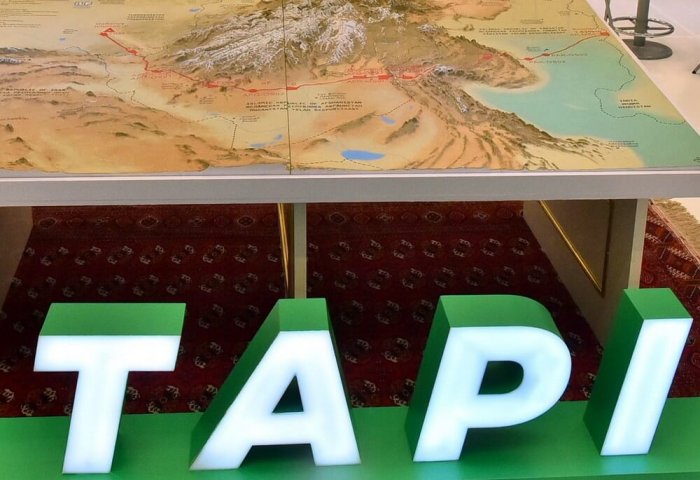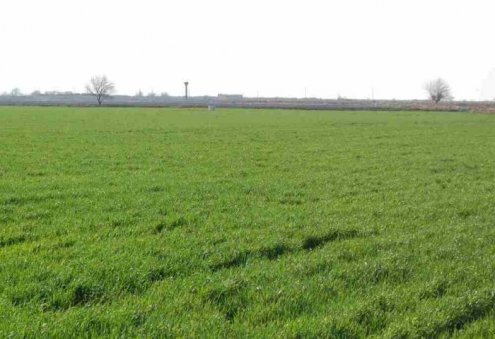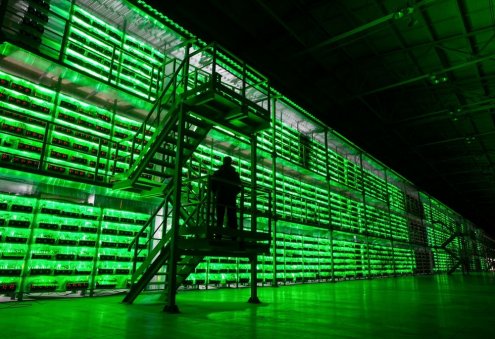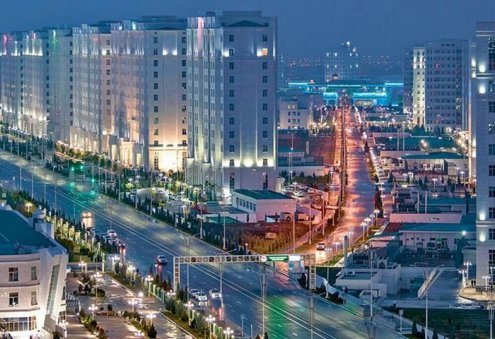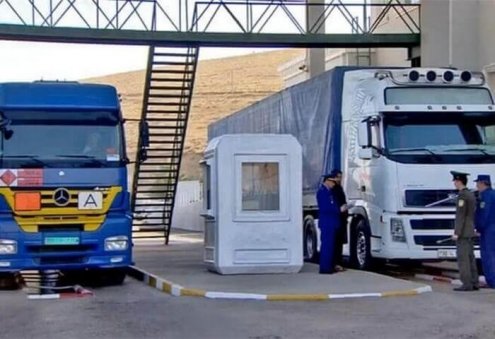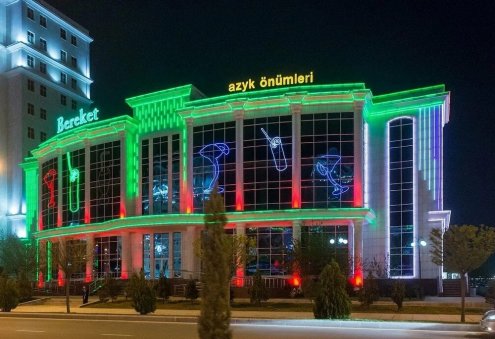TAPI corridor is a cluster of projects and initiatives for Afghanistan that is sure to create robust stability and lasting prosperity for the entire region. The benefits are expected to spread across the globe.
TAPI Corridor consist of:
- TAPI (Turkmenistan-Afghanistan-Pakistan-India) gas pipeline;
- TAP 500 (Turkmenistan-Afghanistan-Pakistan) electricity grid;
- TAP (Turkmenistan-Afghanistan-Pakistan) fiber optic link;
- TAP (Turkmenistan-Afghanistan-Pakistan) motorway;
- TAP (Turkmenistan-Afghanistan-Pakistan) railway line.
Features of the TAPI gas pipeline
The central project in TAPI Corridor is the TAPI gas pipeline.
The project will provide Turkmen natural gas to Afghanistan, Pakistan and India.
TAPI gas pipeline will run 774 km through the territory of Afghanistan from Turgundi to Spin Boldok.
In the first two years of its operation, TAPI will supply 2 billion cubic meters (bcm) of gas to Afghanistan. From third year of operation onward, Afghanistan will get 5 bcm of gas annually.
TAPI pipeline will create 12000-14000 long-term jobs directly and indirectly in Afghanistan. During the construction phase of TAPI, about 50000 jobs will be available. In addition, 9000-11000 jobs will be open for security force of TAPI Corridor.
The average size of family in Afghanistan is 8 persons. It means that TAPI will provide direct livelihood for about 200000 people on long term basis.
It will also help contain the urge of economic migration among the youth as they will have jobs close to their home.
The TAPI Corridor will run through five provinces of Afghanistan:
- Herat – population 3.027 million;
- Farah – population 925000;
- Nimroz – population 156000;
- Helmand – population 1.44 million;
- Kandahar – population 1.37 million.
The total population of these provinces is about 5.5 million. Total population of Afghanistan is 37.17 million. It means that nearly 15% of population of Afghanistan lives in the route of TAPI.
The TAPI Corridor will propel two main components of development: Energy, and Connectivity.
In addition to the natural gas and electricity, TAPI means connectivity, and connectivity means movement of cargo across the territory of Afghanistan. This will guarantee peace and prosperity.
For the facilitation of trade, Afghanistan has the plans for 8 dry ports. Of these 4 will be located along the route of TAPI Corridor:
- Akina, Faryab;
- Islam Qala, Herat Province;
- Speenboldake Chaman Dry Port, Kandahar;
- Turgundi, Herat Province.
It will stimulate transit and export trade in all directions, Central Asia, South Asia, China, and to Russia and Europe.
President of Turkmenistan Gurbanguly Berdimuhamedov and President of Afghanistan Ashraf Ghani on January 14 took part via video link in the inauguration ceremony of a number of joint infrastructure projects.
The inaugurated projects include the Akina-Andkhoy railway line, Ymamnazar-Akina and Serhetabat-Turgundi international fiber-optic communication and transit systems, and electricity lines extending from Turkmenistan’s Kerki city to Afghanistan’s Sheberghan city.
On February 6, the delegation of the Political Office of the Taliban movement led by Mullah Abdul Ghani Baradar, the head of the office, visited Ashgabat to hold talks at the Foreign Ministry of Turkmenistan to guarantee safety of TAPI natural gas pipeline project, high-voltage power transmission lines and fiber-optic communications along the Turkmenistan-Afghanistan-Pakistan (TAP) route, as well as railways from Turkmenistan to Afghanistan.
Sources: Foreign Ministry of Turkmenistan, nCA

